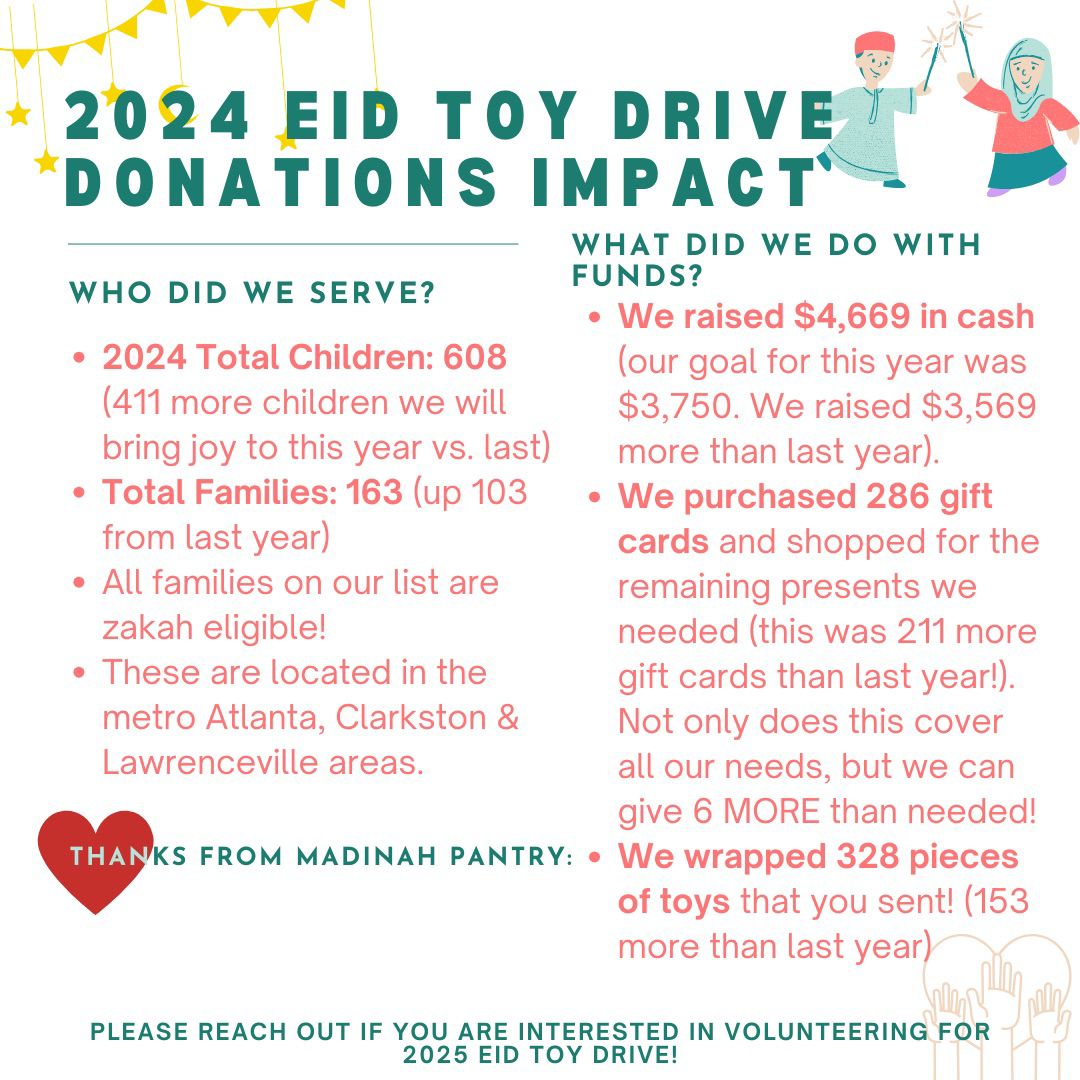
إِنَّمَا الصَّدَقَاتُ لِلْفُقَرَاءِ وَالْمَسَاكِينِ وَالْعَامِلِينَ عَلَيْهَا وَالْمُؤَلَّفَةِ قُلُوبُهُمْ وَفِي الرِّقَابِ
وَالْغَارِمِينَ وَفِي سَبِيلِ اللَّهِ وَابْنِ السَّبِيلِ ۖ فَرِيضَةً مِنَ اللَّهِ ۗ وَاللَّهُ عَلِيمٌ حَكِيمٌ [٩:٦٠]
Alms are for the poor and the needy, and those employed to administer the (funds); for those whose hearts have been (recently) reconciled (to Truth); for those in bondage and in debt; in the cause of Allah; and for the wayfarer: (thus is it) ordained by Allah, and Allah is full of knowledge and wisdom. Suratul Taubah [9] Ayah 60
About this ayatul karimah, from “TafsirJalalayn” of Imams Jalaluddin Suyuti Rahimuhullah and Jalaluddin Mahalli Rahimuhullah we read;
“The voluntary almsgivings, the alms to be dispensed, are only for the poor, who cannot find anything to suffice them in the least, and the needy, who cannot find anything to suffice them, and those who work with them, that is, [with] these alms, in other words, the one who collects [them], the one who takes the oaths [from those who claim them], the slave to be manumitted by contract, as well as the tax-summoner; and those whose hearts are to be reconciled, so that they might become Muslims, or that Islam might be firmly established, or that their peers might become Muslims, or that they might defend Muslims, all of whom are [classed according to different] categories. According to al-Shāfi‘ī, may God be pleased with him, the first and the last [of these categories] are no longer given [of the alms-tax] today, because of the [established] power of Islam; in contrast, the other two [categories] are given [of the alms-tax], according to the sounder [opinion]; and for, the manumission of, slaves, that is, [for] slaves to be manumitted by contract, and for the debtors, those in debt, if they have taken out a debt without intending thereby an act of disobedience, or those who have repented but have nothing with which to fulfil [the penalty of expiation], or to set things right between people, even if they be wealthy; and, for the way of God, that is, [for] those who are engaged in the struggle, of those for whom there is no [share of the] booty (fay’), even if they be wealthy; and for the traveller, the one cut off [from resources] during his journey — a duty imposed by God (farīdatan, ‘a duty’, is in the accusative because of an implied verb [sc. faradahā, ‘which He has imposed’]). And God is Knower, of His creatures, Wise, in His actions.
Thus, it is impermissible to dispense these [alms-proceeds] other than to these [categories], or to deny [these proceeds to] any one of these [categories] if they exist. The Imam must divide these [proceeds] among them equally, but he is permitted to give priority to certain individuals over others within any one category. The lām [of li’l-fuqarā’, ‘for the poor’] indicates that it is obligatory to include every individual [of these categories in the distribution of the proceeds]; it is not, however, obligatory [to do so] when the person in charge of the monies has to apportion it but [finds that] it is insufficient. Indeed [in such a situation] it suffices to give three individuals from each category, but anything less than that is not sufficient, as is indicated by the plural form. The Sunnah shows that the prerequisite condition for receiving [a share] of such [monies] is that the person be a Muslim, but not a Hashimī or a Muttālibī [from the family of Sayyidinaa Muhammad al Mustafa Sall Allahu ‘alaihi wa Aalihi wa sallim].” Tafsir Jalalayn








